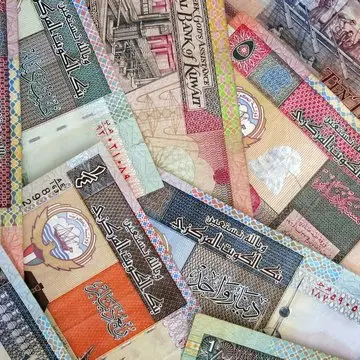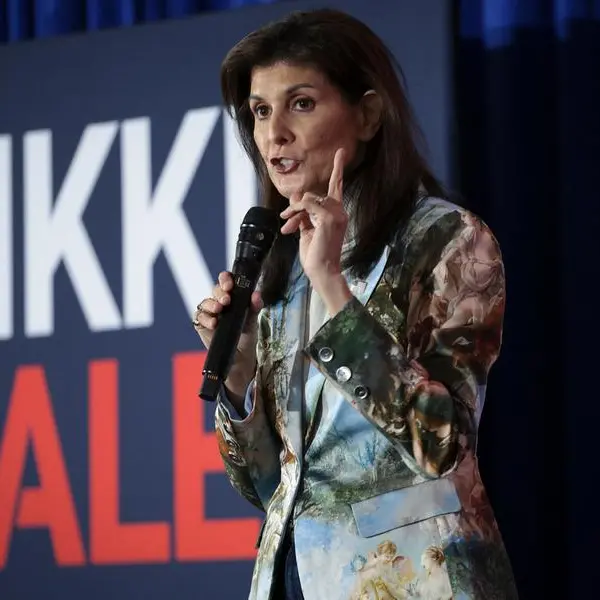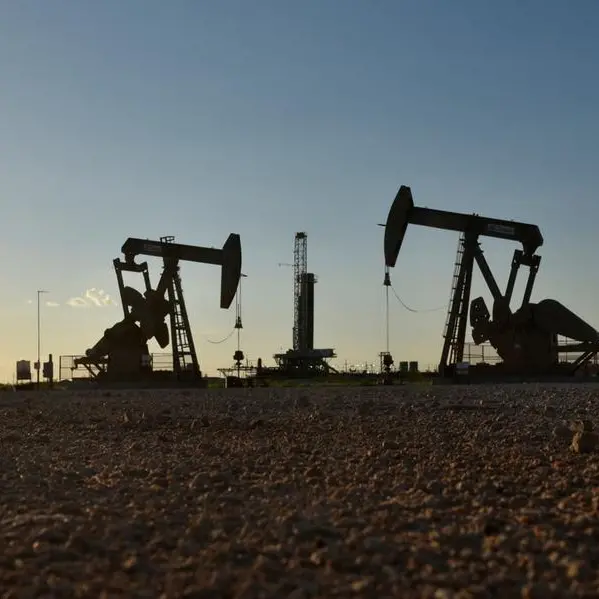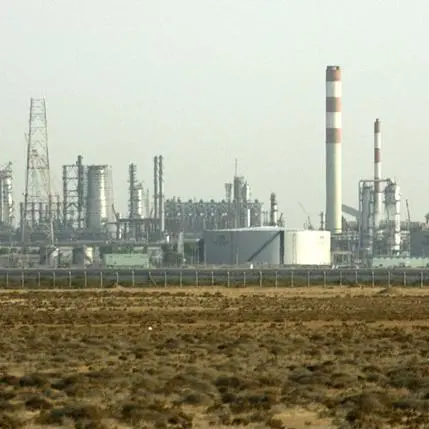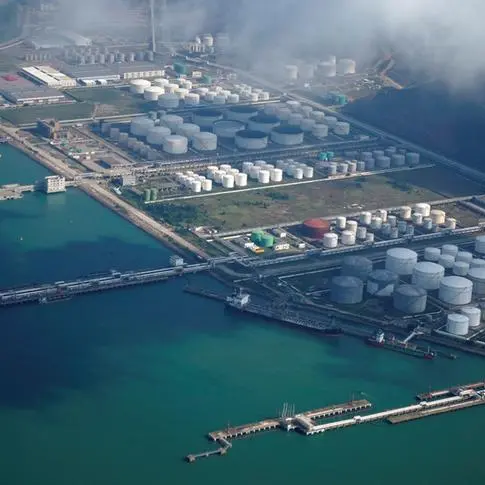The emerging generation of investors in the Middle East is creating a unique approach to wealth management characterised by a distinct attitude towards risk management in pursuit of robust investment returns. Despite their youth, investors in the region exhibit a keen understanding of the variety of available investment opportunities, particularly in the areas of technology and innovation. Their approach incorporates traditional risk-return strategies while also seeking to seize opportunities in next-generation technologies and sustainability-related investments.
For example, we have seen data that suggests that young investors in Bahrain and the UAE are increasingly favouring investments that consider environmental, social and governance (ESG) principles. This trend is consistent with the global movement in this regard but is notable among the region’s younger population, who are becoming more conscious of the social and environmental consequences of their investment decisions.
Many of these young investors are also entrepreneurs and innovators – placing them at the forefront of the startup ecosystem in the Middle East. Their investments are not just financial commitments but are emblematic of their belief in the transformative power of technology and the real economy. This generation is not just propelling the growth of tech startups, digital platforms, and innovative business models, but they often have a strong belief in the future value of the real economy, particularly in innovation-led sectors such as healthcare, physical infrastructure, agriculture, and electronics.
We have also seen positive efforts by, governments in the region to enhance financial literacy at a young age. In the UAE, The Young Investor programme was launched in March 2024 and is designed to cultivate a culture of saving among young people - potentially leading them to save more than previous generations. The initiative aligns with the UAE’s broader financial literacy initiatives underscored by the Knowledge Fund Establishment and National Bonds in cultivating a financially literate and responsible community.
Enhanced financial literacy is a key aspect of a nuanced and proactive approach to investing among the younger generation – sometimes even leading to a high-risk, high-reward investment mindset. The expectation of strong and sustained high returns as part of a high-risk strategy underscores the crucial role of financial education and guidance. Investment firms and advisors play a pivotal role in guiding these young investors through the intricacies of the market. By providing tailored advice to educate, advisors can help mitigate risks while empowering investors to make informed decisions.
This synergy between wisdom and youth enriches the investment journey, ensuring that it is both informed and ambitious. Moreover, what we have seen is that young investors in the Middle East have a desire to contribute positively to society and the environment in a form of investor activism that reflects a broader trend towards impact investing, where financial returns are intertwined with social and environmental benefits.
The rise of impact investing in the GCC is in part due to leadership by sovereign wealth funds (SWFs), with many leading the way by investing in large-scale, high-impact projects. For example, the Public Investment Fund (PIF) of Saudi Arabia has emerged as a significant force in global impact investing, outpacing Singapore's GIC in the volume of deals. This pivot to impact investing aligns with a wider plan aimed at broadening the economic base of the region. The strategy seeks to shift focus from conventional industries such as oil, real estate, and finance to sectors that promise sustainability and innovation, including technology, renewable energy, and healthcare.
In many ways, the next generation of investors in the Middle East is reshaping the landscape of wealth management. Their focus on technology and innovation, coupled with a high-risk appetite and expectations of strong returns, represents a departure from traditional investment approaches. As they navigate this terrain with the aid of digital tools and educational resources, they are not only securing their financial future but also driving the region's economic development. Furthermore, their belief in the importance of impact investing is a key indicator for the region’s future environmental, social and economic resilience.

